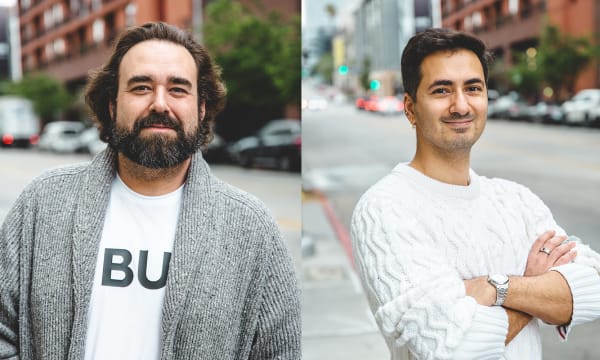An increasing number of young people are actively deciding not to have children. Instead, they’re choosing family, roommates, and social circles with whom to share their lives and interests, reflective of a rise in individualism and values of independence, singledom, co-living and digital connections.
An increasing number of young adults are embracing not having kids. A Pew Research Center study conducted in 2021 revealed that 37% of non-parents younger than 40 years old said they considered it unlikely that they would have children, and that same group of adults were more likely to state their reasons for simply not wanting children than adults aged 40-49 (60% to 46$, respectively). Results also indicated that non-parents aged 18 to 49 who didn’t think they will have children, rose from 37% in 2018 to 44% in 2021. Reasons ranged from environmental pressures and stresses and a rising cost of living to simply deciding they didn’t want children.
In a recent feature by Wired, users with like interests were interviewed about the chosen families they found on social media. After connecting on Instagram via hashtags and followed accounts, consumers with similar interests collected their thoughts, art, and local inspiration to form a community online and eventually in person with regular meets and excursions to explore together. The feature shed light on a group of vintage sign enthusiasts made up of artists, sellers, jewelry makers, and interested outsiders. Will Hansen, one of four “co-founders” of the group Signs United, told Wired that the community he’s built through the group “are the people I want to talk with, travel with, laugh with, and create with. It took me over 40 years to really find people I love and want to hang around with.”
The concept of finding community through familiarity and alike interests on social apps resonates with the current development of decentralized apps and platforms. Niche, a Web3 content platform founded on co-ownership and community, aims to “change the incentive structure around why people are posting” on the app, co-founder and CEO Christopher Gulczynski tells VML Intelligence. Fellow co-founder and CTO Zaven Nahapetyan says that “people in these communities or clubs are owners in the same way that someone that has stock in a company is an owner. As their group becomes more desirable, more exclusive, or gets more media coverage, the value of their ownership stake could go up.”
The platform encourages a strong sense of community by bonding its users through their own genuine interests, hobbies, and concerns, and that passion is what drives growth on the app. Gulczynski tells us Niche community members are “there to enrich themselves.”


